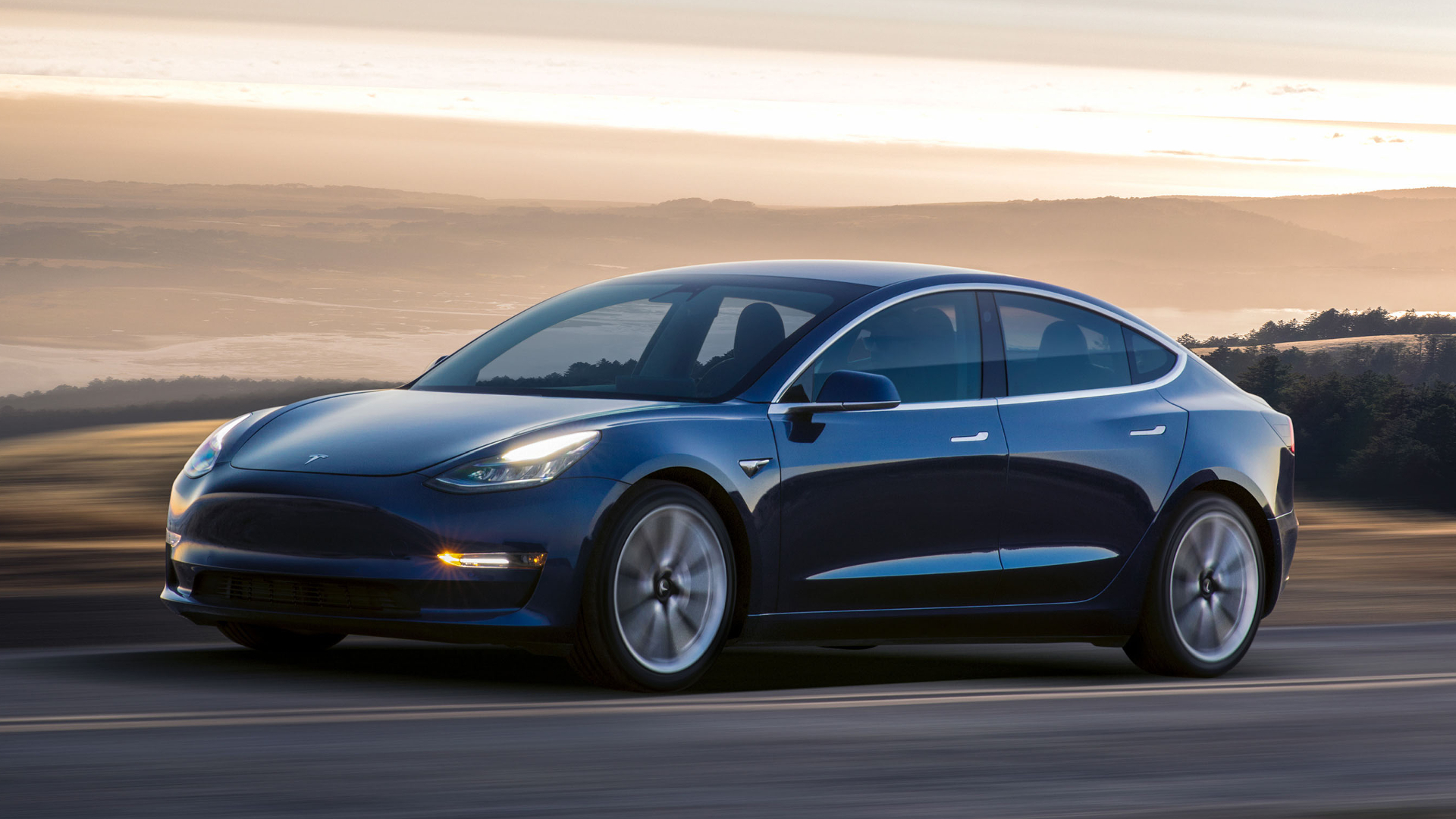

The much-hyped, low-priced Tesla Model 3 is well behind the ambitious production goals CEO Elon Musk laid out earlier this year, as the company’s third-quarter earnings report released today reveals that only 260 Model 3s have been produced since July. Musk previously predicted at least 1,500 cars would be built by the end of September.
The Model 3 represents the biggest challenge to date for Tesla, which quickly needs to transition from a small-volume automaker in order to live up to the lofty expectations set for their mass-market electric car. Getting the estimated 500,000 deposit-holders in the driver’s seat will require building more cars than the company’s entire production output since its founding.
For much of this year, Musk has referred to (but not entirely explained) an “exponential growth” strategy for ramping up the Model 3 assembly lines, where capital from both investors and sales would be poured into the car’s production ahead of other priorities. The company knows it won’t be easy, as Musk alluded to the upcoming “manufacturing hell” at the Model 3 launch this summer. But it also never backed off his initial 1,500-unit Q3 goal, even if Wall Street started to last month.
As we now know, they didn’t make it, and it wasn’t even close. It wasn’t all bad news for Tesla shareholders—the company had a record quarter for Model S and Model X deliveries, putting them on pace to meet their combined 100,000-unit goal for 2017—but missing the Model 3 target by over 80 percent is not a great look. Industry analysts previously predicted at least 500 would be built.
“Model 3 production was less than anticipated due to production bottlenecks,” Tesla said in a statement. “Although the vast majority of manufacturing subsystems at both our California car plant and our Nevada Gigafactory are able to operate at high rate, a handful have taken longer to activate than expected.”
With its immense footprint and production capabilities, the Gigafactory in particular will be vital in scaling up the Model 3’s numbers. Tesla has done a decent job meeting the market demands of its other offerings, quality issues notwithstanding. But as other companies continue to move into the lower-priced EV space, meeting consumer (and investor) expectations is just as important—if not more so.
“It is important to emphasize that there are no fundamental issues with the Model 3 production or supply chain,” the statement reads. “We understand what needs to be fixed and we are confident of addressing the manufacturing bottleneck issues in the near-term.”
We’ll see if that’s the case in a few months. As recently as August, Tesla said it was still on a path to average 5,000 Model 3s per week by year’s end, a climb that’s looking even steeper considering today’s report.